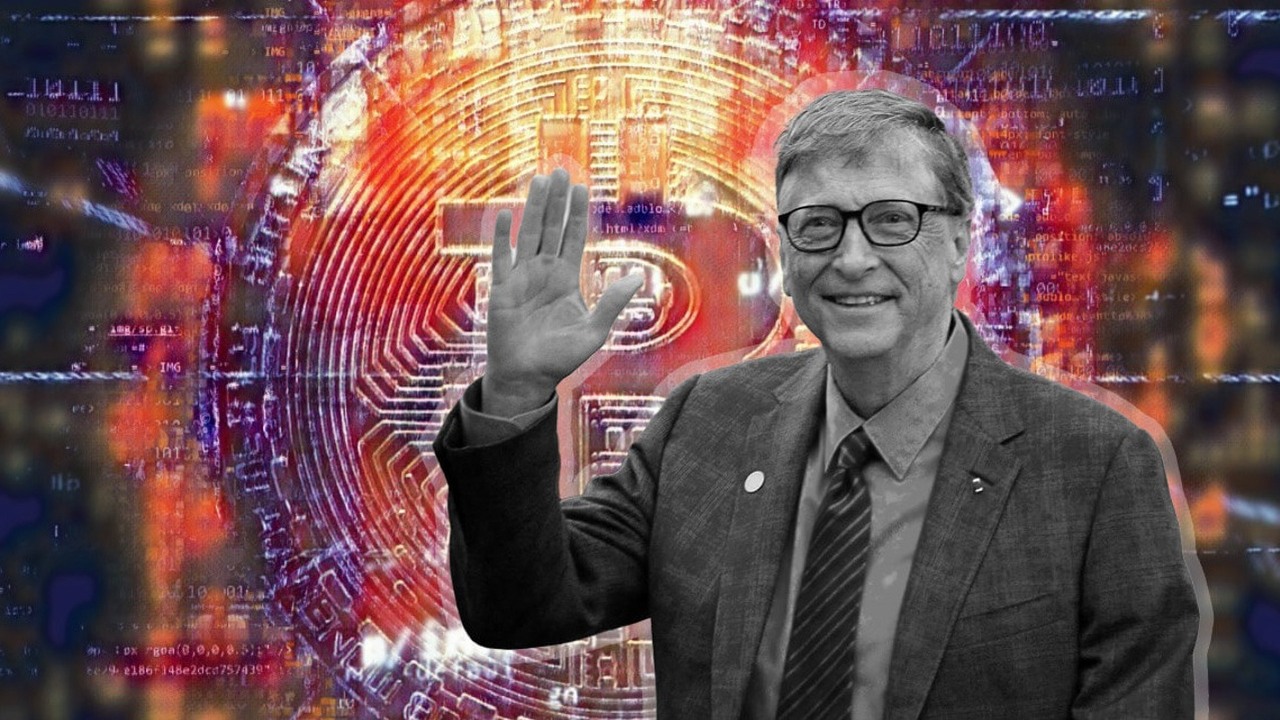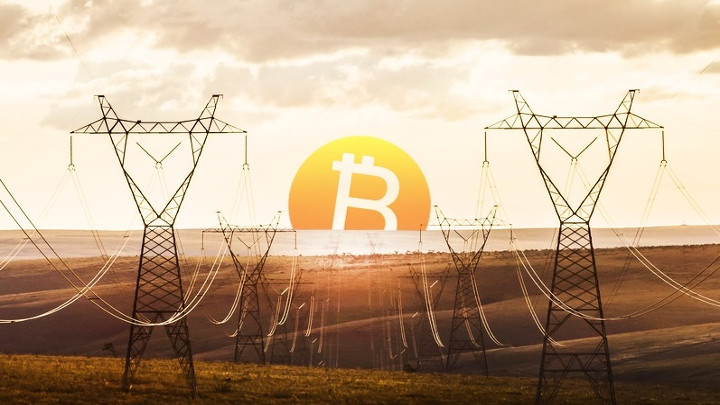Bill Gates Warns: Bitcoin Mining Will Affect Climate Change
It's been almost six months since the next cryptocurrency boom began. Bill Gates warns that mining BTC and similar digital money will have a negative impact on the climate.

For many months now, the cryptocurrency boom has been effectively consuming GPUs, making them either unavailable or unaffordable. As it turns out, this is not the only problem resulting from the unrestricted cryptomining. In an interview with New York Times journalist Andrew Sorkin, Bill Gates drew attention to the ecological aspect of the current situation. Increased electricity consumption can be significant factor in the context of climate change.

Not so long ago, we reported that carbon dioxide emissions from the production of energy needed to mine BTC and maintain the infrastructure that allows for payments using it is equal to total energy comsumption in Argentina or New Zealand. To better illustrate Bitcoin's electricity consumption and ecological impact, an average transaction releases about 300 kg of CO2 into the atmosphere, which is equivalent to 750 thousand Visa card transactions (individual calculations may vary slightly depending on the research). Alex de Vries, the author of the analysis of BTC's energy demand, said that the growth of interest in virtual currency has made it a significant environmental problem. Interestingly, the potential threat of increased carbon emissions if cryptocurrency was more widely implemented was pointed out as far back as 2009.
While Gates himself is a Bitcoin skeptic, he noted that reducing its carbon footprint could be achieved through the use of renewable energy sources. In doing so, he pointed out that under no circumstances should cryptomining affect other electricity consumers.
- For 12 years, he’s been hunting for his hard drive with 770 million dollars worth of Bitcoin buried in a landfill. Now, a new chapter of his journey is just getting started
- New military shooter is set in a big open world where the match never ends. However, the trailer reveals a serious issue
- Today’s Wordle hint and answer on July 30, 2025. It's a real head-scratcher
0
Latest News
- 12 million players are celebrating, but not everyone will get a gift. ARC Raiders devs give away pickaxes and bans
- Cyberpunk 2077 creator explains why male V suddenly disappeared from ads
- Court sides with GTA 6 devs. Former Rockstar Games employees suffer a painful blow in their fight for money
- 2 Xbox Game Pass games. Star Wars: Outlaws comes with a newly released zombie apocalypse simulator
- „Bloodborne is a special game for me.” Dark Souls father's honest declaration is painful and hopeless, but true

